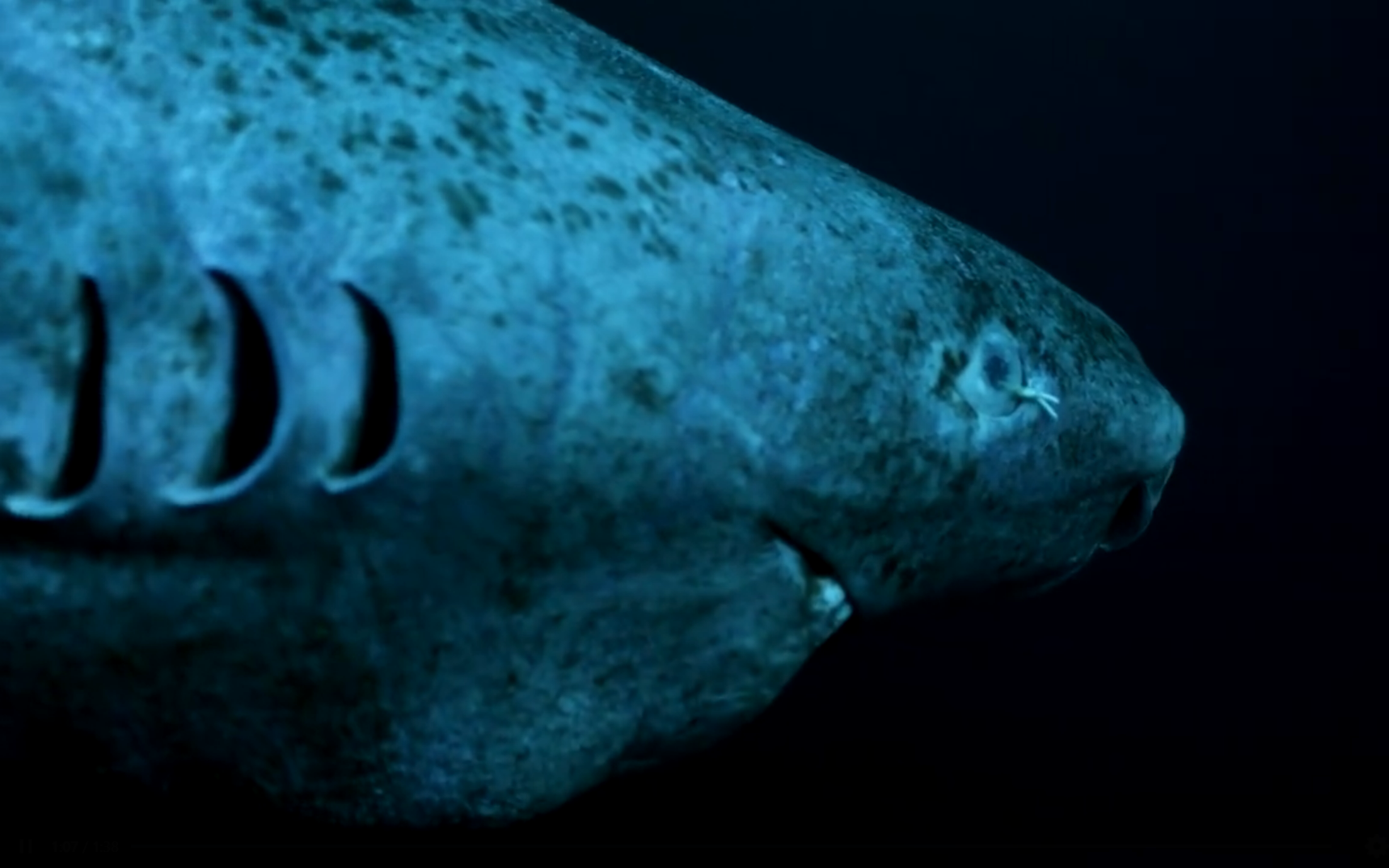
400-YEAR-OLD GREENLAND SHARKS COULD HOLD THE SECRET TO ANTI-AGEING IN HUMANS
Gen-Z are said to be ageing faster than millennials, according to experts, but the solution to this rapid ageing could be found in the most unlikely of sources.
According to new research, humans have a lot to learn from the Greenland shark, which can live up to a staggering 400 years old.
The animal is one of the most remarkable found anywhere in our oceans. It’s the longest-living vertebrate in the world, and survives thanks to a staggeringly slow metabolism.
The shark lives in freezing cold waters around the North Atlantic and Antarctic oceans.
Notably, new research has shown that the creatures’ metabolic enzyme could hold secrets to anti-ageing in human beings.
New study showed that the enzymes from the muscles of greenland sharks don’t show the kinds of activity that you’d anticipate through ageing.
Enzymes are pretty key, too, given that they are responsible for chemical reactions taking place in cells.
Ewan Camplisson is a Ph.D. student at the University of Manchester. Camplisson told Newsweek: "In most shorter-lived species, including humans, we would anticipate seeing variation in metabolic enzyme activity with age.
This won't necessarily happen in all enzymes, but we would expect to see some have a reduction in activity while others will increase to compensate and keep energy production high."
As Camplisson explained, these remarkable sharks are not showing the same signs of ageing that you’d associate with humans – or indeed other animals.
The findings, which were presented in Prague on Wednesday at the Society for Experimental Biology's annual conference, also focus on the behaviour of the heart.
Human hearts are different to Greenland sharks, given that sharks have two chambers in theirs while humans have four.
He added: "If we can understand what adaptations allow the Greenland sharks to live so long while seemingly not being seriously afflicted by cardiovascular disease, we can hopefully incorporate some of these adaptations into humans to allow improved cardiac health."
So, while there's a whole lot more research needed, it could be sharks that hold the key
Sign up for our free indy100 weekly newsletter
How to join the indy100's free WhatsApp channel
Indy100 is the sister title of The Independent, now one of the largest, most trusted digital news brands in the world. Covering politics, celebrity and viral news, Indy100’s journalists write about it all – good and bad. It’s fun, original, it captures the mood and often finds the untold angle to the big global stories. It debunks fake news, pushes boundaries and is never boring. It complements The Independent perfectly, sharing its values and high quality journalistic standards. Follow Indy100 at the top of the article./em> 2024-07-04T14:19:10Z dg43tfdfdgfd
